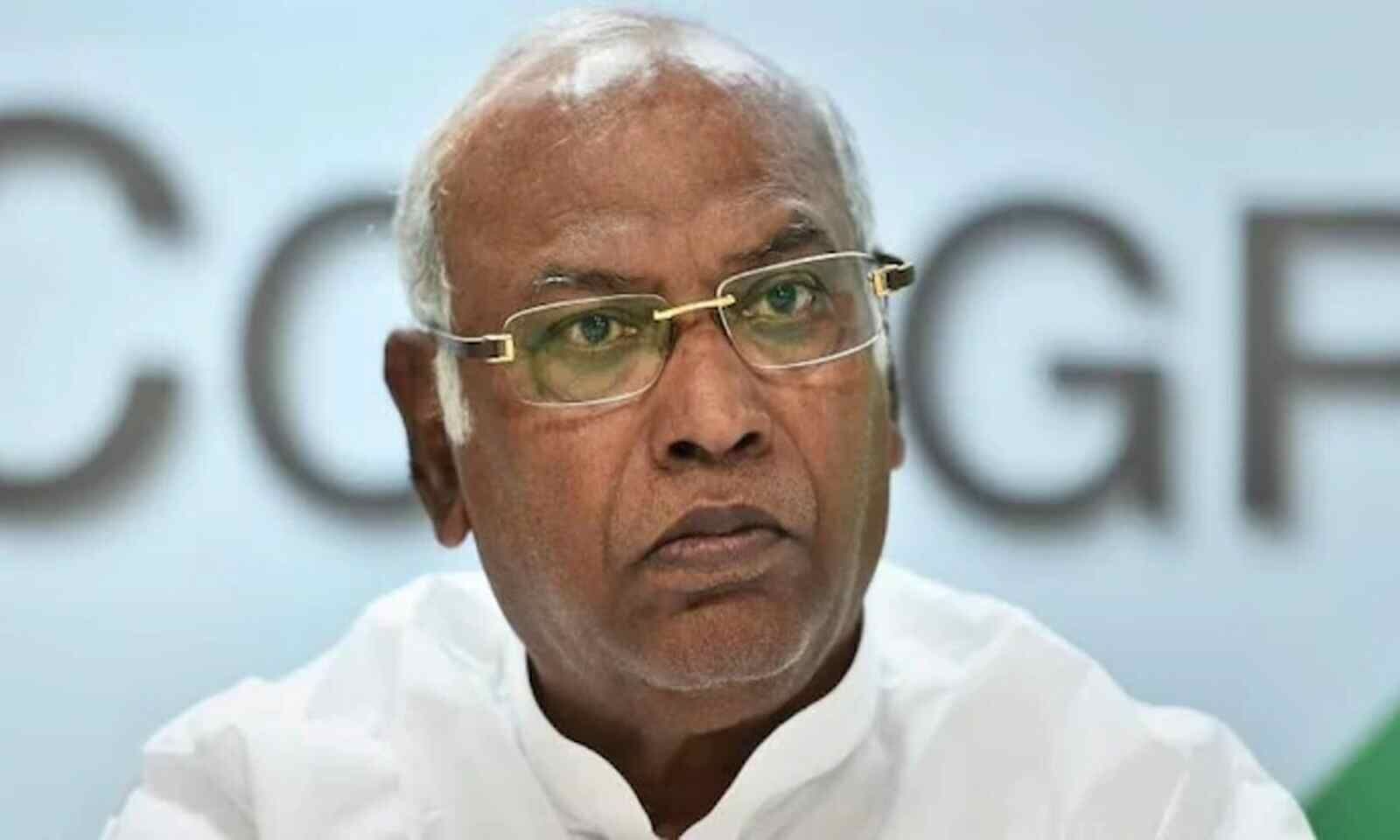Transition with caveats

With the election of Mallikarjun Kharge as the president of All India Congress Committee (AICC), Congress' desperation for change has found an outlet. In principle at least, Kharge now stands at the helm of party affairs — first non-Gandhi to do so in the last 24 years. With Kharge, the AICC has opted to play safe in favour of measured changes. Alternative was Shashi Tharoor — one of the signatories of G23 — who has been quite vocal about overhauling changes. By choosing Kharge over Tharoor, the party may not have solely aimed at leaving Gandhis practically unrivalled; it also appears to have avoided a potential rift among party factions. Tharoor, however, with his 1072 votes, has sent a clear signal that the notion of change he represented finds significant resonance in the party. Despite being a lateral entrant into the party, and lacking sway over a particular state like Kharge holds, the number of votes Tharoor has managed to garner is no mean feat. In addition, contrary to what party leadership asserts, it hardly remains a mystery that AICC had put its weight behind Gandhi family loyalist Mallikarjun Kharge. Against this background, the foremost challenge before the newly appointed president will be to accommodate Tharoor's and his supporters' views. For the sake of unity and strength of the party, Kharge must strive to shed the 'family loyalist' image he has been accorded. The basic motive behind the push for a non-Gandhi AICC president was to enhance the winnability of the party in elections. Over the last eight years, it has faced defeat in two Lok Sabha elections and allowed many state assembly elections to drop from its hold. Going forward, with the next Lok Sabha election less than two years ago and around a dozen states going for assembly polls in the intervening period, the time with Mallikarjun Kharge is strictly limited. His success as the AICC president will largely depend upon the momentum he will create ahead of 2024 Lok Sabha polls. He needs to start with seriously considering the Udaipur Declaration. The widening chasm between the new and old ranks of the party has to be bridged to maintain the internal strength of the party. Udaipur Declaration may provide a recipe for the same. In addition, with Kharge at helm, the Indian National Congress (INC) stands a golden chance to restructure the United Progressive Alliance (UPA). Being a towering statesman in his own right, Kharge enjoys smooth transactional relationships with leaders of prominent opposition parties. He must leverage his strength to forge opposition unity. Additionally, it is time for him to streamline the functioning of the parliamentary board and Congress Working Committee (CWC). He can play a big role in facilitating regular elections of CWC and other bodies. Given the uphill task Kharge's old shoulders have been burdened with, the party leadership, including the Gandhi family, must play its part to keep his path unhindered. They now enjoy a sort of surety that their influence over the party will not be contested in any major way. The appropriate thing will be to divulge powers in a manner that diverse factions of the party feel involved. Relevance and dominance are two distinct positions to hold. Rahul Gandhi, with his historic Bharat Jodo Yatra, has already shown that his relevance will remain in the party, irrespective of the position he holds in AICC. In fact, it would be an ideal scenario where matters related to the daily functioning of the party is left to Kharge while Rahul Gandhi and other prominent leaders make all-out efforts to bring forth a comprehensive narrative ahead of the Lok Sabha elections. The Congress cannot afford to allow the BJP to denounce its leadership change as a token measure. Political maturity is the need of the hour. Will the Congress show it?



